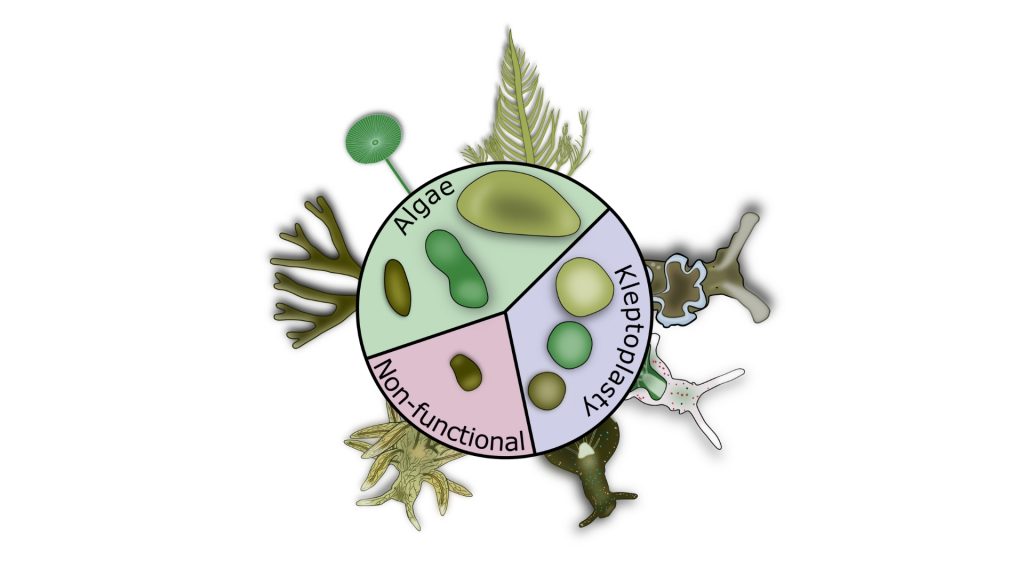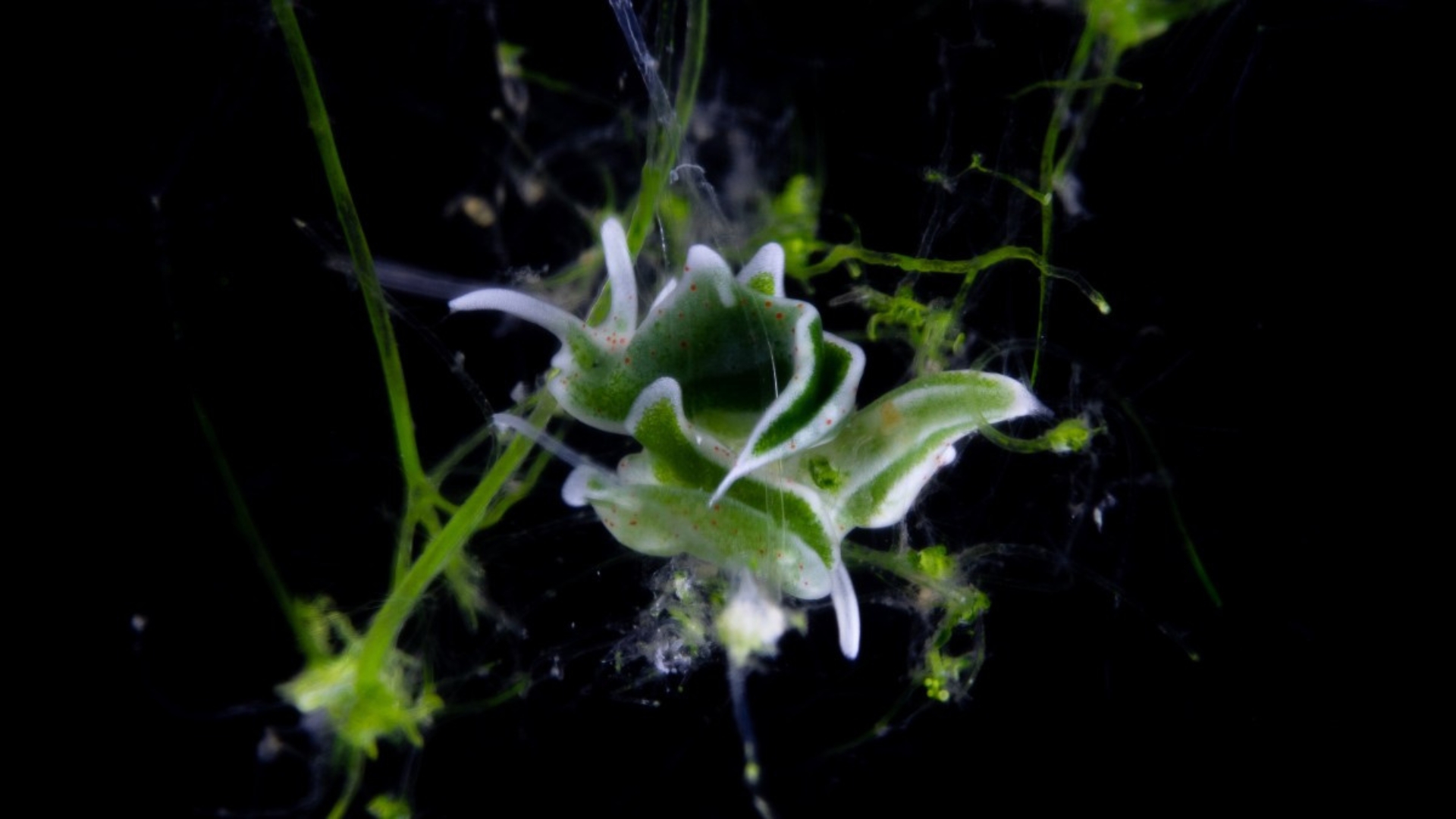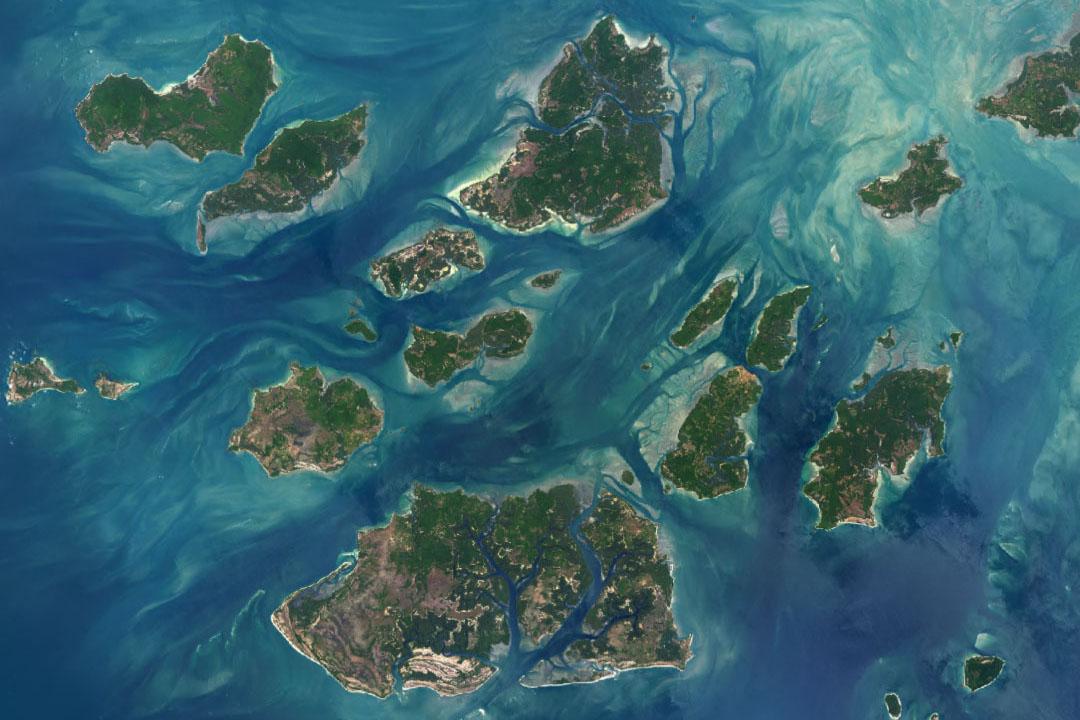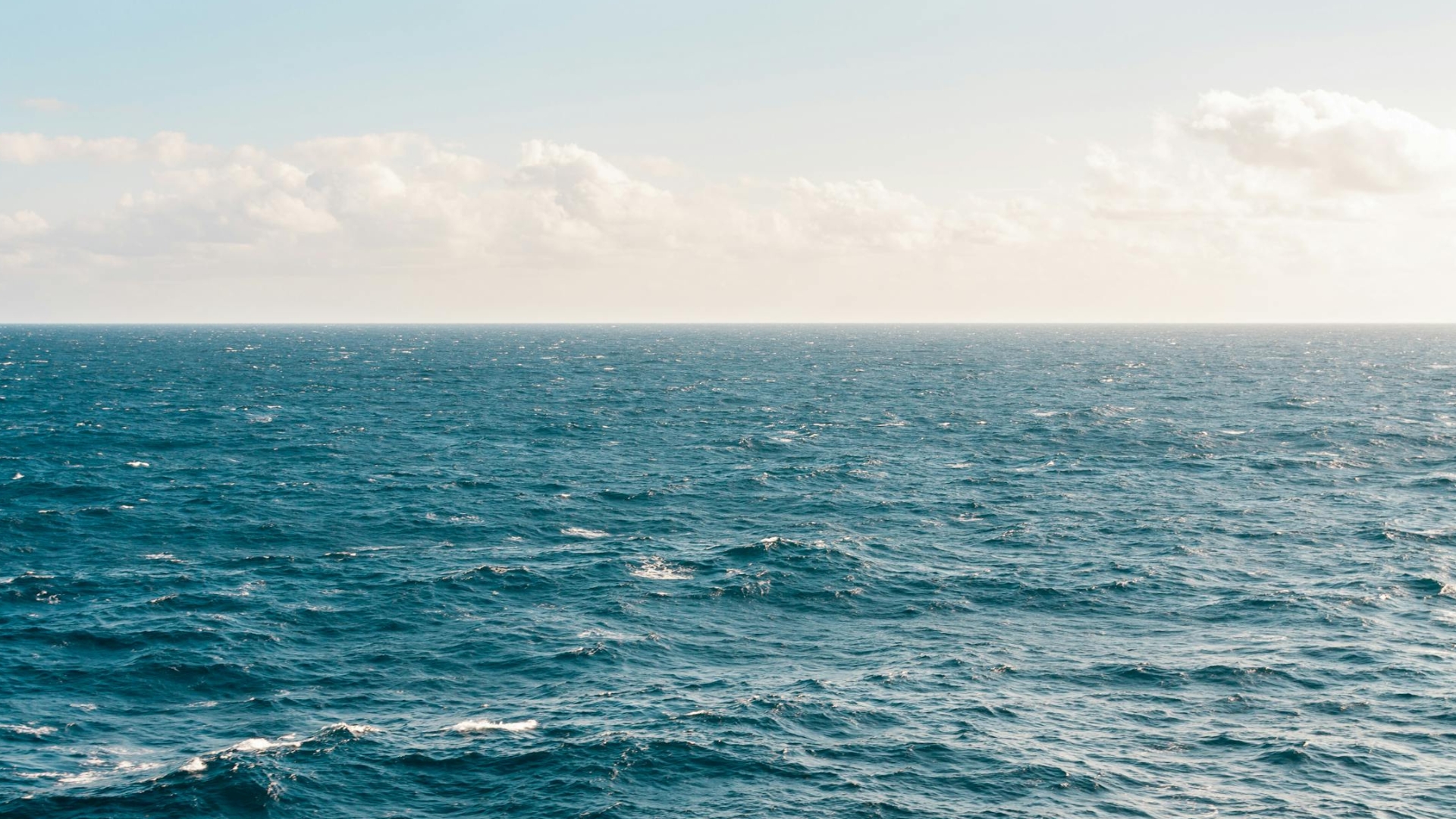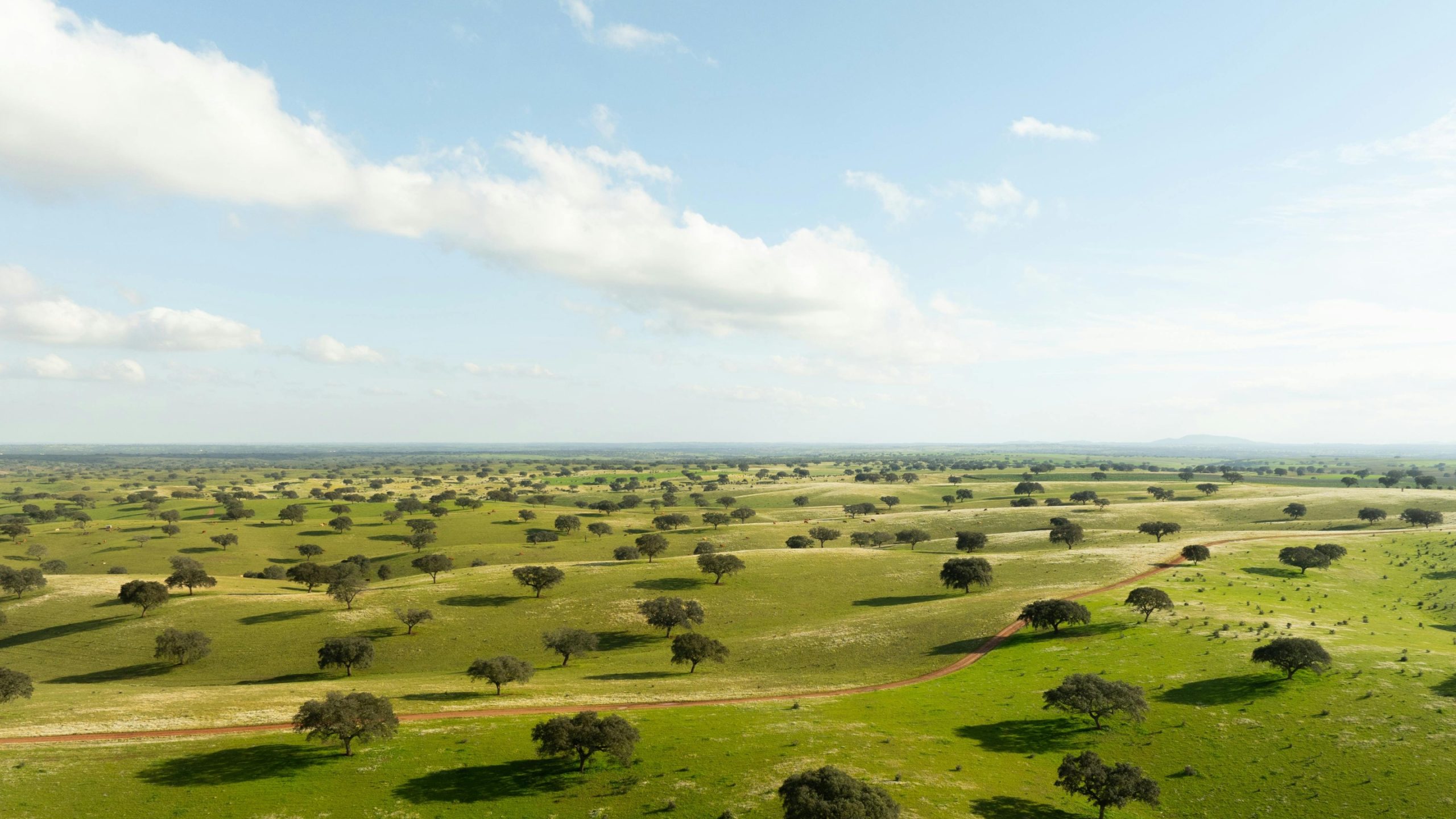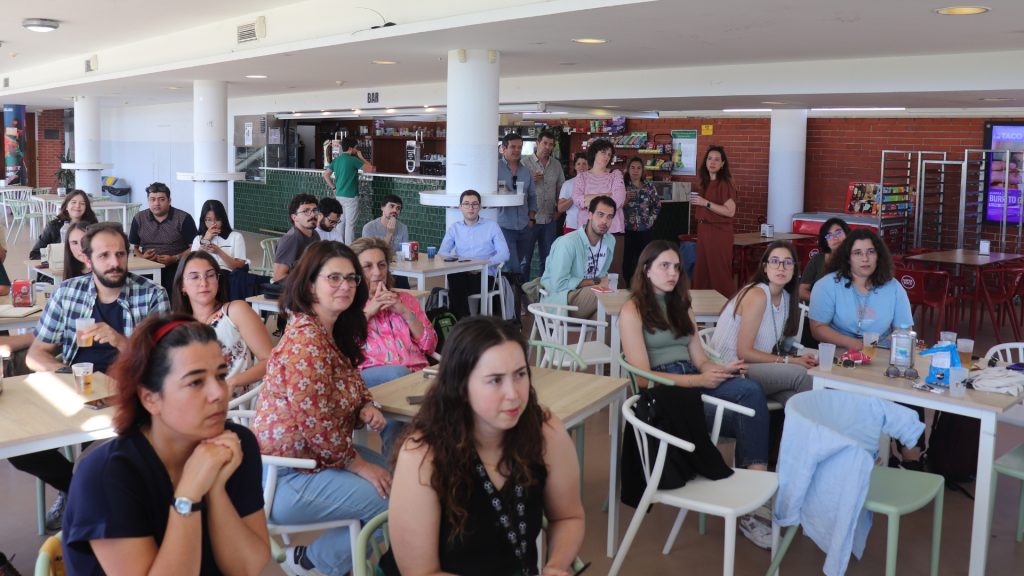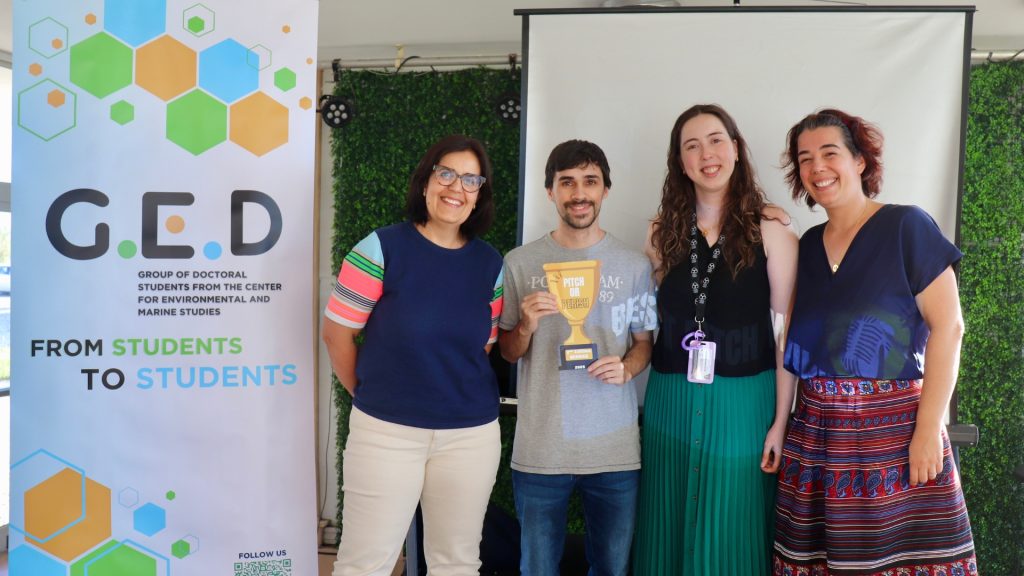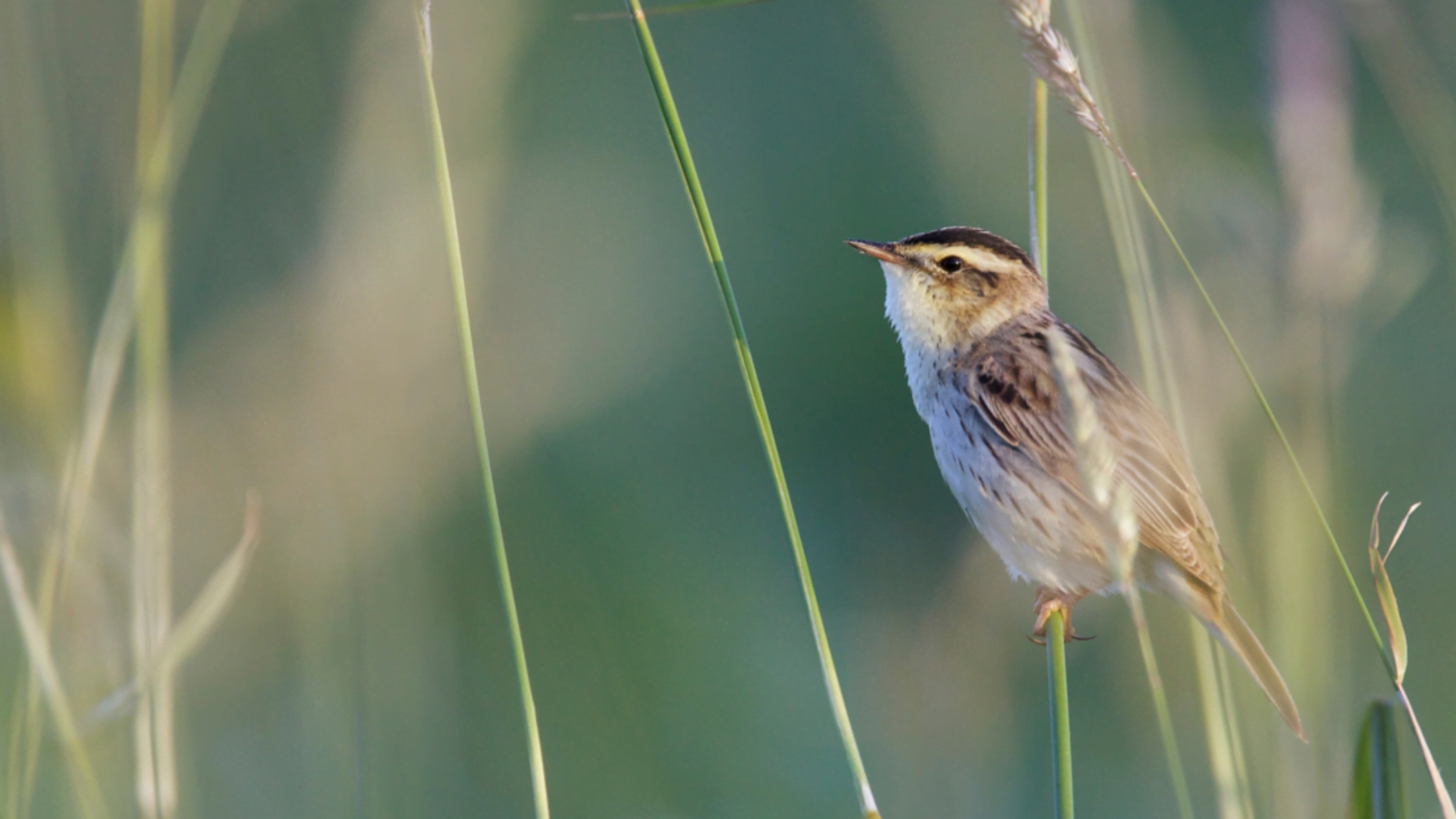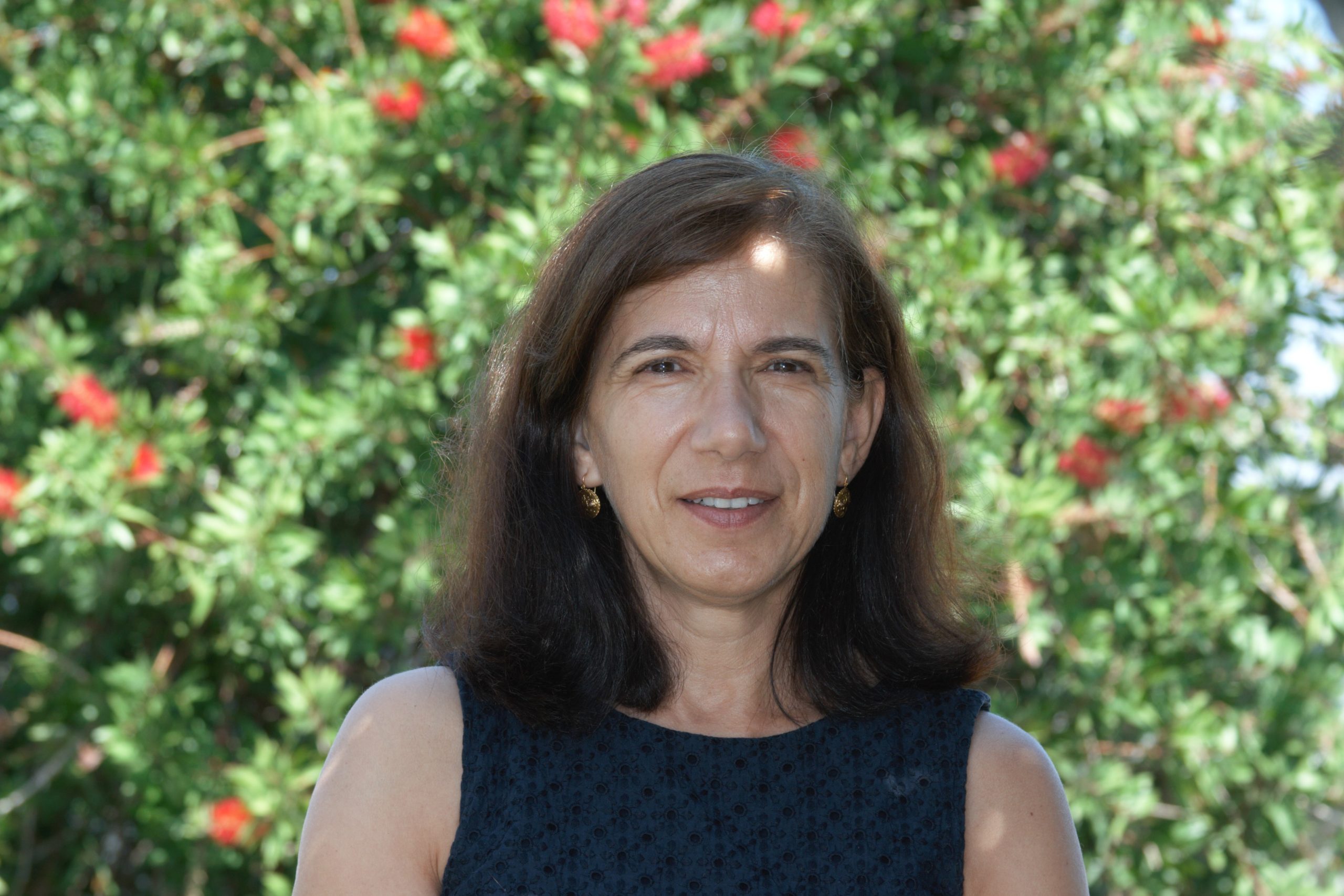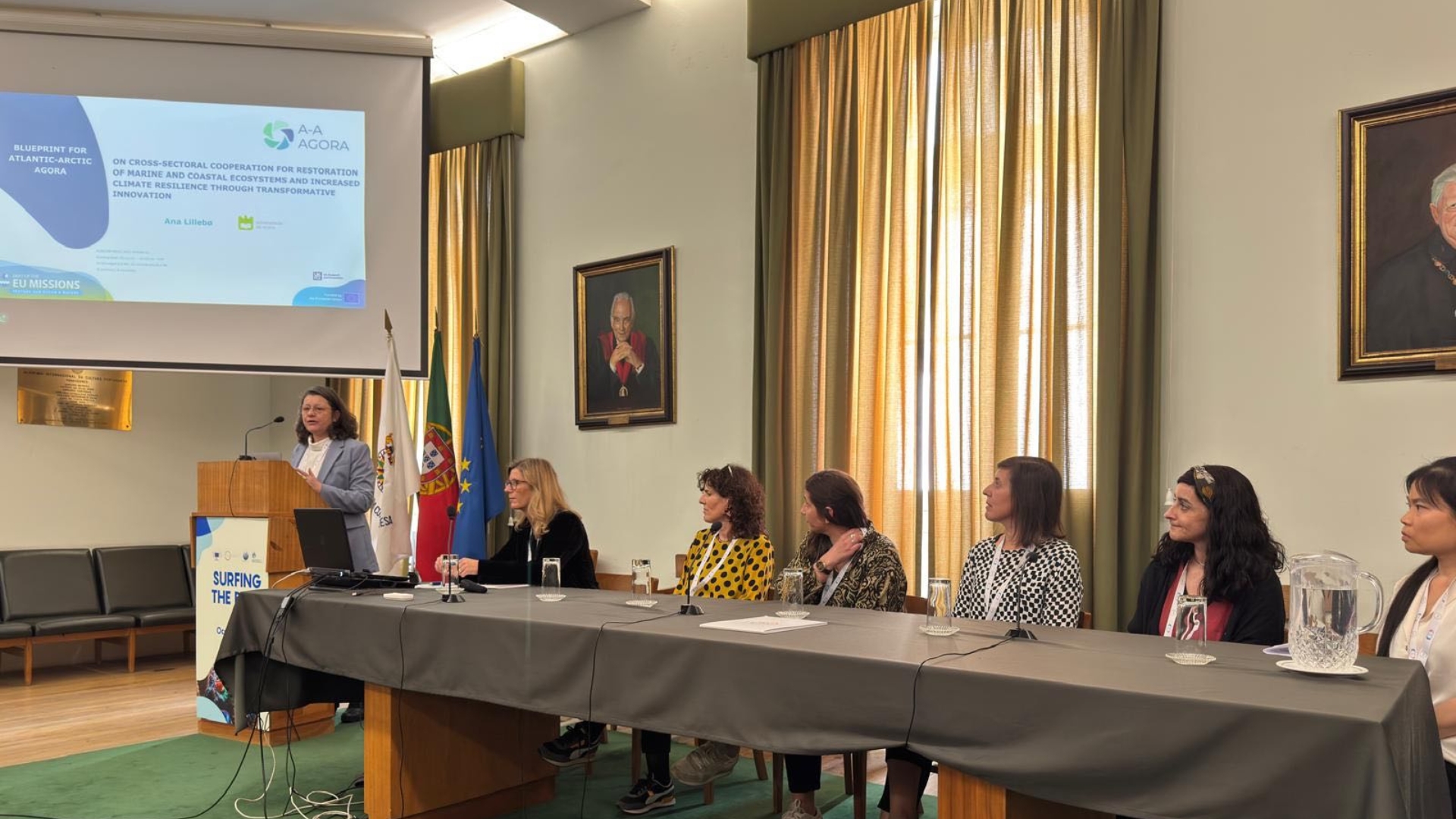The Directors of the Research Units / Associated Laboratories CCMAR (Centre of Marine Sciences of the Algarve), CESAM (Centre for Environmental and Marine Studies, University of Aveiro), CIIMAR (Interdisciplinary Centre of Marine and Environmental Research), MARE (Marine and Environmental Sciences Centre), and OKEANOS (Institute for Marine Science Research / University of the Azores) published the following open letter in the Público newspaper:
Portugal is a nation historically and deeply connected to the sea. We have inherited a vast ocean, rich in biodiversity and full of potential, but also fraught with challenges. Managing this heritage requires more than goodwill — it demands solid knowledge, consistent investment, and long-term strategic vision.
What was once an insurmountable barrier is now the most important global route for transporting goods. What used to be an inexhaustible source of food is now an ecosystem where many fish stocks are on the brink of collapse due to overfishing. What was once distant and pristine now receives waste produced by human activity. The sea exerts a constant influence on our lives, notably through the atmosphere, hydrosphere, and biosphere.
Portugal’s ocean area far exceeds its land territory and is seen by many as an untapped gem — a hidden treasure largely yet to be discovered. Its importance is evident in the growing share of maritime economic activities in the national GDP, now at around 5%.
But the Ocean is much more than its most tangible economic value. It is the Ocean that governs our climate. Life on Earth began in the ocean, and it harbours the planet’s greatest biodiversity — much of it still unknown to science. From the Ocean we derive oxygen, energy, food, and much more. The Ocean absorbs much of the carbon dioxide we emit by burning fossil fuels. Without the Gulf Stream, Portugal’s climate would be much colder and harsher. Without the Ocean, Earth’s temperature would be unbearable, making life impossible.
Portugal is entrusted with a significant portion of this natural capital — the Atlantic Ocean — which must be preserved to ensure the well-being of future generations. This is a responsibility that cannot be ignored. And to manage it effectively, knowledge and education are essential.
Despite significant advances in recent decades, science in Portugal continues to face structural and funding limitations, in part due to the country’s well-known budgetary constraints. These challenges hinder its consolidation and international competitiveness.
As in other scientific domains, Marine Sciences in Portugal have advanced considerably, as evidenced by the country’s scientific output per capita, which now ranks second in Europe, behind only Norway. However, we still need to better understand our seas — which requires a science policy and resources that enable us to stand on equal footing with leading international institutions in the field.
Ocean research has its specific challenges
Compared to land-based environments, water is far more viscous than air, and pressure increases by one atmosphere for every 10 metres of depth (one atmosphere being the pressure exerted by the mass of air at sea level). This means that ships, submersibles, and other aquatic vehicles are needed to explore the sea. Moreover, salt water is corrosive and degrades materials more quickly than freshwater or terrestrial environments. This makes marine research, much like space exploration, more expensive than research conducted on land.
In reality, Portugal lacks the means to adequately study its exclusive economic zone — whether in terms of ships, submersibles, or fixed observation systems. National research vessels are rarely accessible to universities and research centres, making it impossible to develop strategies and programmes that go beyond the short term. The existing fleet is, in part, outdated, with high maintenance costs and frequent breakdowns, resulting in prolonged downtimes and insufficient capacity.
Neighbouring countries, such as Spain, have adopted more integrated and collaborative management models that facilitate access by the scientific community to research vessels and promote synergies between institutions. The Spanish oceanographic fleet is coordinated by the Commission for the Coordination and Monitoring of Oceanographic Vessel Activities (COCSABO), ensuring collaboration across institutions and alignment with national and European scientific goals.
It is crucial to guarantee Portuguese scientists access to research vessels — known as “ship time” — and for that, collaboration with state laboratories such as IPMA is essential.
Humanity faces major challenges that can only be addressed through joint action — with ocean preservation at the heart of these efforts. Portugal is responsible for a vast ocean area, which brings added responsibilities in the international context, but also unique opportunities in the blue economy of the future.
Over recent decades, Portugal has established itself as a nation with a scientific vocation and a commitment to knowledge. It is vital that, even in the face of global challenges, the country maintains its commitment to investing in science, recognising its essential role in building effective and sustainable solutions. The goal of reaching 3% of GDP in R&D investment by the end of the decade should be embraced as a national strategic objective — not only to ensure greater global competitiveness, but also to provide a strong foundation for sustainable development.
In the case of Marine Sciences, this effort is even more urgent and relevant. It is a field in which research demands advanced and complex technological tools, with high operating costs and specialised infrastructure. More consistent investment in this area would not only deepen our understanding of the ocean, but also position Portugal as a key partner in tackling climate change, preserving marine biodiversity, and enhancing the value of natural resources.
Securing this future requires placing science at the centre of strategic and structural decisions — and recognising the ocean as a national asset that deserves to be studied, protected, and valued based on the best available knowledge.
